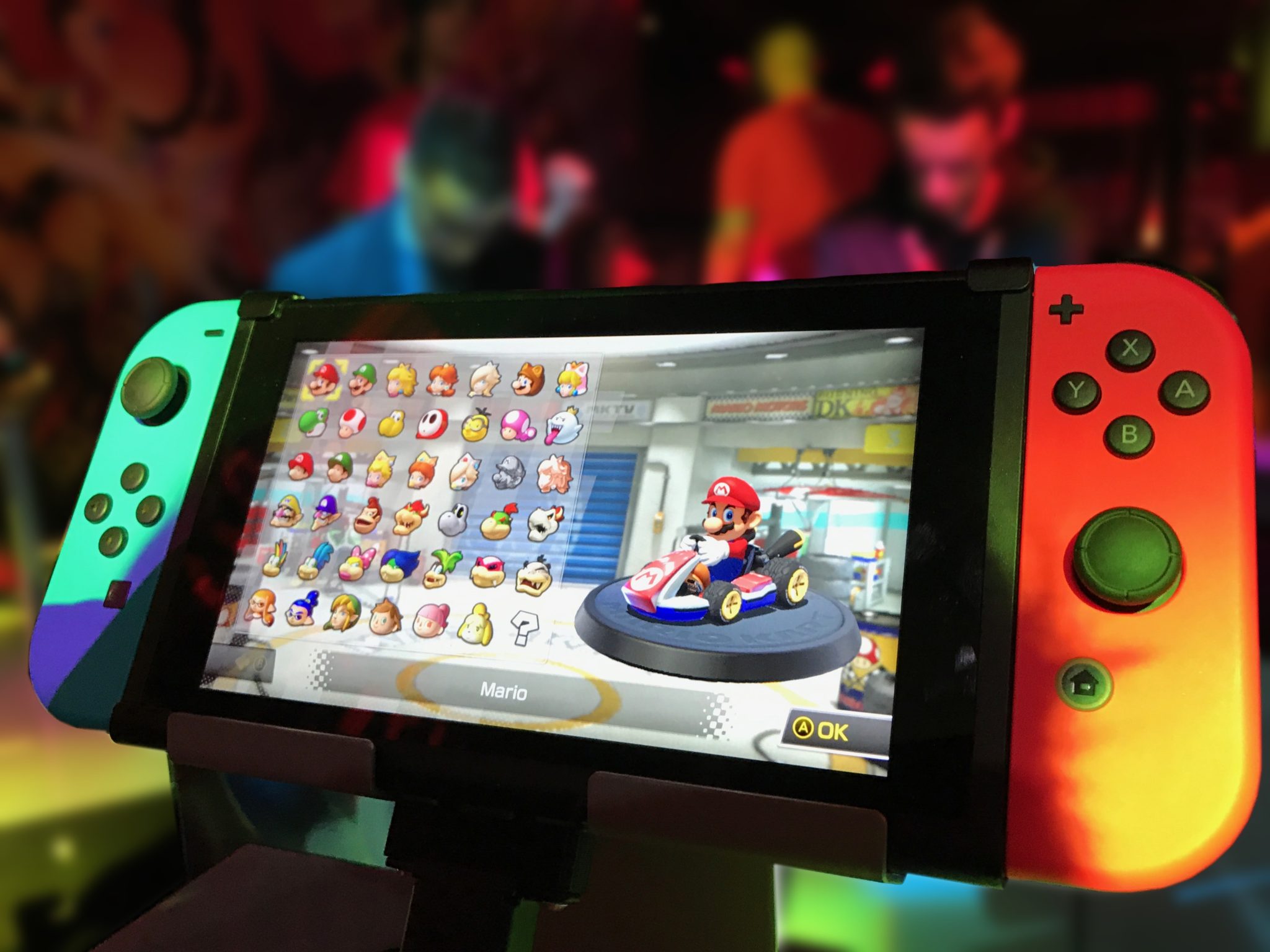
By Alan G
Feb 4, 2023
Gaming Localization: A Deep Dive

Technology seems to be moving at an almost uncatchable pace. Every other day we hear stories about an algorithm, a software, or a game that broke new ground. With the increased demand and popularity of technology, one aspect of it, Gaming, is as popular as it’s ever been. Better yet, there is global demand for gaming.
Gaming localization is the process of adapting video games to specific locales and cultures for a seamless gaming experience for players around the world. It involves everything from language translation to cultural customization and ensuring that the game is compatible with local regulations and standards. With the growing global reach of the gaming industry, localization has become increasingly important for game developers and publishers. In this article, we will explore the challenges and benefits of gaming localization, outline its goals, and delve into the details of how it works. Whether you are a game developer, publisher, or simply a passionate gamer, this article will provide a comprehensive overview of the exciting world of gaming localization and why it matters.
Understanding Gaming
Gaming is a form of interactive entertainment that has captured the hearts and minds of people of all ages and backgrounds. From simple arcade games to complex role-playing games, the gaming industry has grown to encompass a wide range of genres and platforms. With the advent of mobile gaming and the growing popularity of esports, the gaming industry has experienced tremendous growth in recent years. In fact, the global gaming market is expected to reach over $159 billion by 2020. The rise in popularity of gaming can be attributed to its ability to engage players in immersive and interactive experiences, as well as its ability to connect people from all corners of the world.
It’s no surprise that the gaming industry has become a global phenomenon, attracting players from all demographics. With the growing number of gamers around the world, the need for localization has become more pressing. Localizing a game means making it accessible and enjoyable to players in different regions, ensuring that everyone has the opportunity to experience the excitement and thrill of gaming, regardless of language or cultural differences.
Why not simply translate? Why “Localize”?
Localization goes beyond simple translation. While translation only deals with the language aspect of localization, localization covers a much wider scope, including cultural adaptation, local regulations, and technical compatibility. This comprehensive approach ensures that the localized game not only accurately conveys the original meaning, but also appeals to the local culture.
For example, cultural references, humor, and even graphics and character design may need to be adjusted to fit local preferences and sensitivities. In some cases, localization may even involve completely changing certain elements of the game to be a better fit. By localizing games, game developers and publishers can provide a more enjoyable and seamless gaming experience for players in different regions, allowing them to fully immerse themselves in the game world.
In addition, localization also helps game developers and publishers comply with the ethical standards of a certain region. Some countries have strict laws regarding content that is deemed inappropriate or offensive, and localizing a game can help ensure that it complies with these laws and can be released in that region.
The Pain Points of Localization
Source and Target Culture Balancing
Localizing a game presents several challenges that must be carefully considered and addressed. One of the biggest challenges is ensuring that the localized content accurately conveys the original meaning and intent of the game. This requires a deep understanding of the source language and culture, as well as the target language and culture. Maintaining the cultural context and tone of the original game while adapting it to the target culture can be a difficult balancing act.
Technical Compatibility
Another challenge is technical compatibility. Localizing a game involves making sure that it is compatible with local hardware, software, and network infrastructure. This can involve modifying the game’s code and graphics to ensure that it runs smoothly on different hardware configurations and in different network environments. This would require adequately skilled programmers as well.
Different Laws for Different Regions
Different regions may have different laws and regulations regarding content that is deemed inappropriate or offensive. Game developers and publishers must ensure that the localized game complies with local laws and regulations, otherwise, it may not be released in that region. Gaming studios are not going to risk having their game publicly banned, it’s a one-way ticket to syphoning your money down the drain.
Time & Money
Finally, time and budget constraints can also pose challenges for game developers and publishers. Localizing a game is a complex and time-consuming process, and it requires significant resources and expertise. Balancing the need for a high-quality localization with the need to meet tight deadlines and budgets can be a challenging task.
Examples of Gaming Localization
Grand Theft Auto: San Andreas
Do we really need to introduce Grand Theft Auto? One of the most popular games of all time, this open-world action-adventure game was localized for the Japanese market, taking into account cultural differences and censorship regulations. The localization process involved adjusting the game’s content to comply with Japanese laws, as well as changing certain elements of the game, such as character design and graphic elements, to better fit local preferences. As you can imagine, Grand Theft Auto: San Andreas was not exactly kid-friendly, and Japan has always been very strict on censorship laws. Some clever localization meant that it was possible to penetrate the Japanese market and increase company profits. Smart thinking!
The Legend of Zelda: Breath of the Wild
Nintendo’s landmark video game has been a fan favorite since the late 80’s. Their latest release, Breath of the Wild, was their best yet. Originally, much like all of Nintendo’s games, it was released in Japanese, for the Japanese market. However, it was later localized for multiple regions, including Europe, Australia, and North America. The localization process ensured that players in each region could control Link, understand the in-game requirements, and have a coherent plot that could work according to all cultures.
FIFA Online
Arguably the most famous football game on the planet, FIFA is the definition of an international game. With hundreds of leagues from over 50 countries, localizing a game like FIFA is a massive task. This online multiplayer sports game was localized for the Korean market, a previously untapped market. The localization process not only saw a boost in FIFA players from Korea, but overall football fans as well. Talk about a domino effect…
World of Warcraft
The original time killer. World of Warcraft was an insanely popular game in the 2000’s that had players hooked from the very beginning. It offered tremendous player retention and fun mechanics through its MMORPG status. This massively multiplayer online role-playing game was localized for multiple regions, including Europe, Australia, and North America. In doing so, Blizzard, the creators of the game, were able to take advantage in expanding their player pool and capitalize on global opportunities through localization. A big win, indeed.
How do I get started on localizing my game?
We thought you’d never ask! As you might have surmised from what you just read, localization is quite the challenging prospect, but its benefits are almost endless. A careful, thorough localization will give your game the wings they need to fly across any and all geographic borders. Why limit yourself and your game to just the regions that you personally know? You’re not taking full advantage of the potential that your game has.
GTH has been in the business of gaming localization for over a decade now. We have the experience, the know-how, and the team capable of localizing your project into a global phenomenon, all at a competitive rate.
Ready to give us a try? Contact us now for a free sample!



 English
English Greek
Greek +44 730 8577 353
+44 730 8577 353 +357 25 55 42 10
+357 25 55 42 10